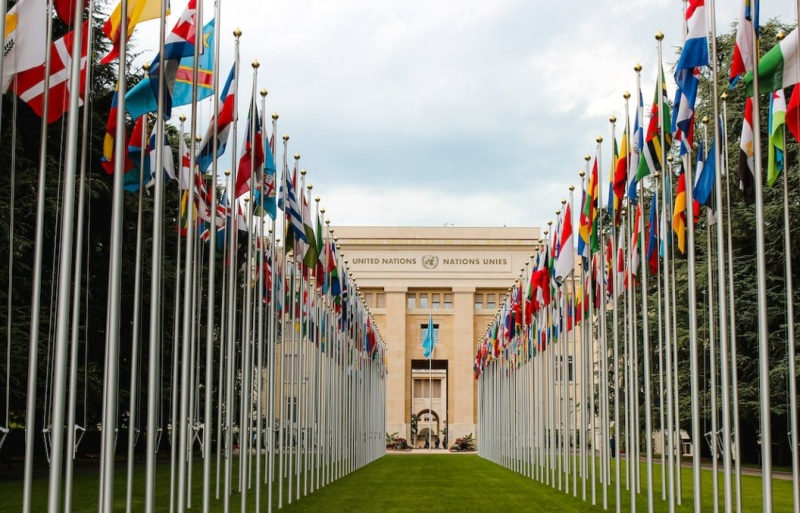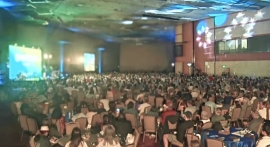
The United Nations announced a probe on India's human rights record beginning Nov. 10 amid reports of persecution against Christians and other religious groups.
Details of the UN Probe
According to an article by Urdupoint, the Working Group of the UN Human Rights Council's Universal Periodic Review (UPR) has initially uncovered a "serious regression" in the current government's handling of constitutional protection and human rights.
India is presently under the ruling Bharatiya Janata Party (BJP) under Prime Minister Narendra Modi, who took office in May 2014.
The report said the UPR Working Group began probing the country's human rights record on Nov. 7 as part of its fourth session. The UN council's session would end on Nov. 18. The first three UPR sessions occurred in April 2008, May 2012, and May 2017.
Based on the different reports of close to 70 international human rights organizations, India's government has committed systematic human rights abuses. The reports mentioned a heightened attack on various institutions of democracy by citing the country's national security, sedition, and counterterrorism laws.
The human rights violations allegedly involved harassment, lawsuits against journalists and human rights activists, and persecution of religious minorities, including Christians and Muslims.
Modi's government has vehemently denied the accusations in its report to the UN. It said that the leadership commits itself to champion all constitutionally-guaranteed human rights.
The report said India's current government is "guaranteeing civil and political rights, justice, liberty, equality, fraternity and individual dignity within a secular democracy."
Also Read: Indian Christian Pastors Urge Prison Release of 30 Fellow Pastors
Violence Against Dalit Christians, Others
Human rights organizations also included in their reports the alleged abuses committed against Dalit Christians and members of the Dalit communities.
According to them, the Dalit people experience bodily harm, sexual assault, torture, trumped-up legal charges, and verbal abuse based on India's caste system. Kashmiris, meanwhile, faced illegal detention and forms of repression.
These abuses followed the Modi government's revocation of Kashmir's special constitutional status.
According to Human rights Watch (HRW), journalists and critics are also subjected to abuse and repression.
"The government regularly shut down the internet in the region. There were growing restrictions on media, a number of journalists and human rights defenders had been arrested on spurious terrorism charges, and authorities regularly harassed critics, including through the use of counterterrorism raids," Urdupoint quoted HRW saying.
Call for Legislation Protecting Human Rights
Some of the human rights groups who gave their reports to the UN included Amnesty International, Christian Solidarity Worldwide, Human Rights Watch, and National Campaign Against Torture.
Aside from mentioning the different human rights atrocities that the Indian government is committing, the human rights watchdogs also urge the Indian leadership to formulate and enact several legislative measures.
These pieces of legislation include a national anti-torture law, anti-discrimination policies, and laws pushing for the criminalization of hate speech and violence prevention within communities.
The human rights bodies likewise called on Modi's government to pass a national law to safeguard and recognize all human rights organizations. This is part of the United Nations' declaration on human rights defenders.
Related Article: Vietnam's Catholic Community Holds Special Mass Honoring 2 Lay Martyrs, 134 Others

















